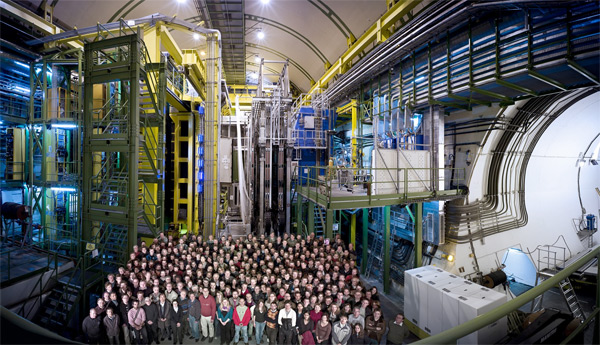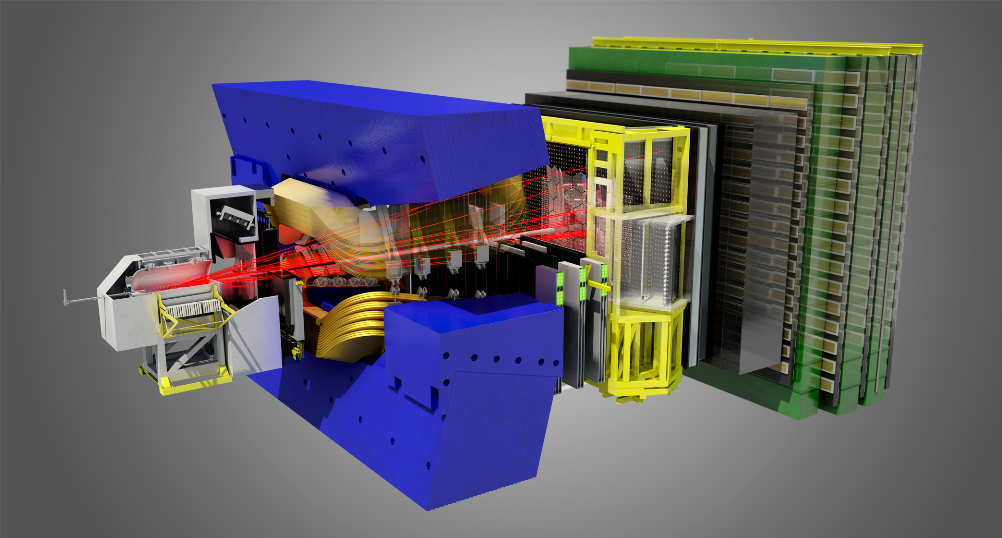IHEP Joins LHCb Collaboration as a Full Member
The LHCb Collaboration has announced that the Institute of High Energy Physics (IHEP), Chinese Academy of Sciences, has officially joined the collaboration as a full member. The announcement was made at the 88th LHCb Collaboration Week, which was held at European Organization for Nuclear Research (CERN) from June 11th to 15th.
The IHEP-LHCb group currently consists of two researchers, Prof. Wang Jianchun and Prof. Li Yiming. They will mainly study heavy hadron spectroscopy and precision measurements in rare heavy flavour decays at LHCb, participate in the imminent LHCb upgrade, and contribute to the LHCb computing infrastructure in China.
The Large Hadron Collider (LHC), located at CERN, near Geneva in Switzerland, is the world’s largest and most powerful particle accelerator. LHCb is one of the four major detector experiments at the LHC. The experiment focuses on the precision study of heavy hadron decays, in order to probe tiny new physics effects beyond the Standard Model, as well as to explore the origin of the matter-antimatter asymmetry in our Universe.
The LHCb detector is known for its unique single-armed forward design and its excellent performance, especially in vertex reconstruction and particle identification, enabling a much wider scope of physics studies, such as heavy flavour spectroscopy.
The LHCb Collaboration is formed by more than 800 physicists from 79 institutes in 18 countries, including Chinese members such as Tsinghua University, the University of Chinese Academy of Sciences, and their associated institutes.
By joining the LHCb Collaboration, IHEP is furthering China’s endeavor to participate in more international big science projects.

LHCb Collaboration (image source: CERN)

LHCb detector (image source: CERN)
Contact Information
Mr. Guo Lijun
ljguo@ihep.ac.cn